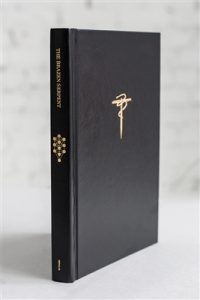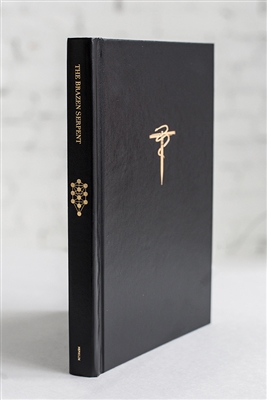
A few weeks ago, Helen Kirkby sent me an advanced copy of her book The Brazen Serpent – which has just been released by Nephilim Press. This book takes the familiar approach in organizing a rather complex subject matter as does many other Kabbalistic treatise – That is, the book is systematically organized as to work its way through the Sephiroth and then the Paths, making it easy to navigate and utilize as a quick reference. Yet, books which expound upon Kabbalistic theory, from the Thelemic perspective, are in short supply and though many modern Thelemic authors discuss Kabbalistic theories, few have taken on the task of discussing the entire Tree in a manner similar to the traditional treatise. It may be that many feel the subject matter has already been well covered elsewhere, and this, to some degree, is essentially true from a Kabbalistic point of view – but not the Thelemic. Plus, as anyone well versed in the subject can attest, there is an endless array of directions and theories to explore once you wander down that rabbit hole and hence the long-standing joke that Kabbalah is often the art and science of discovering meaning where none was ever intended. Thankfully Mrs. Kirkby’s work shows the sort of depth and insight only acquired through years of labor and research – in other words she knows what she is talking about.
In the end I would say that The Brazen Serpent is an excellent Kabbalistic treatise in the traditional sense but also reflective of Thelemic and new aeonic thinking. It may be best suited for those with a few years of study in both Kabbalah and Thelema under their belt and though it is not the sort of book I would recommend to someone new to the subject it is also not the sort of thing I would suggest the “beginner” shy away from either, as the information is well presented and easily digestible. Even those a bit further along in their studies will find food for thought. Not only because we can always learn from new perspectives but also because Mrs. Kirkby (refreshingly) is rarely short of them.
This book was fun to read – Thanks Helen!

